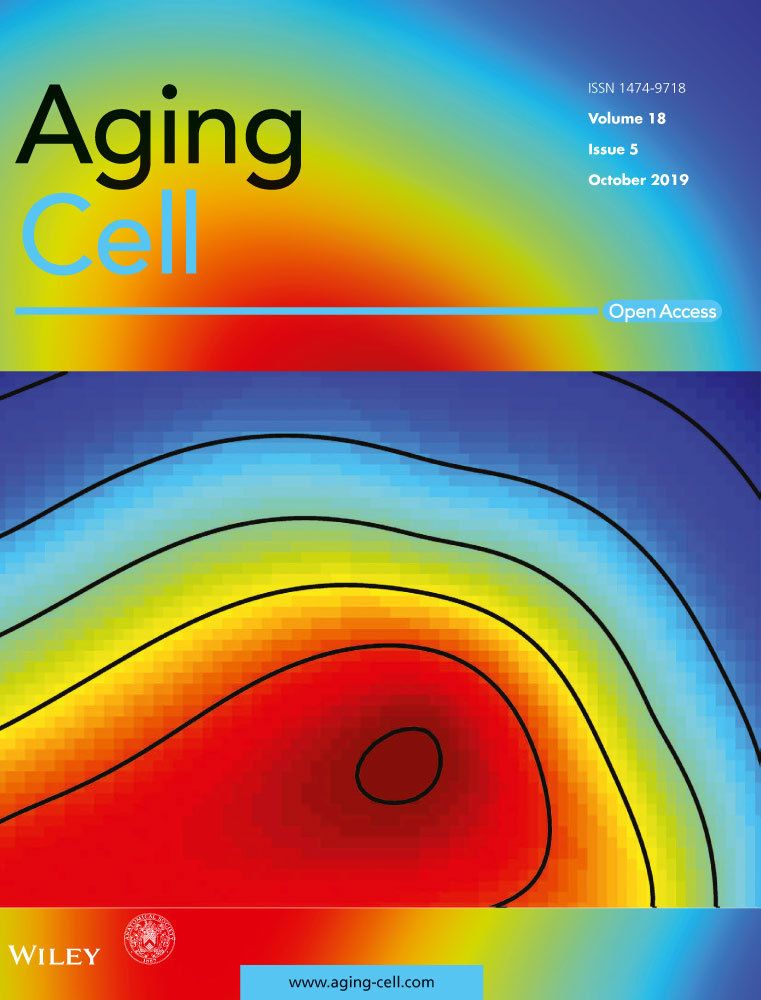In a small trial, drugs seemed to rejuvenate the body’s ‘epigenetic clock’, which tracks a person’s biological age.



The average North American life – which values gregarious personalities, extroverted social styles, clamorous entertainment, bright lights and big sound – is simply too much for many sensitive people.
“This world is not built for sensitive people. In fact, our world is designed perfectly for those who are detached,” wrote Nicole Hollingshead, a Canadian empowerment blogger, in response to a Quora question about the highly sensitive person (HSP) trait. Her statement illustrates the way that most HSPs feel when comparing themselves to their seemingly unfazed non-HSP peers.
The term highly sensitive person was coined in the 1990s by husband and wife psychologist team Elaine Aron and Arthur Aron. The HSP trait is synonymous with the term sensory processing sensitivity (SPS) and is thought to be genetically determined and present at birth. SPS exists in 15–20 percent of the human population, and has been observed in over 100 nonhuman species.
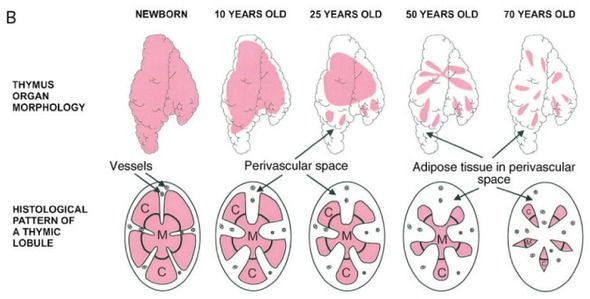
Yesterday, the TRIIM study was described in science news headlines around the world, though, through a glitch, the original research paper is not yet on the Aging Cell web site. (You saw it first here.) I refer you to the writeup in Nature’s News section for a full summary of the paper, and in this column I will add my personal framing, and what I know about the study from private connection to its authors and one of the subjects. The big news is setback of the epigenetic clock, by several methylation measures. Instead of getting a year older during the trial, nine subjects got a year younger, on average, based on the version of the Horvath methylation clock that best predicts lifespan. The study had been originally designed to regrow the thymus. (Loss of thymus function has been linked to the collapse of the immune system that occurs typically before age 70.) Imaging showed that the functional part of the thymus expanded over the course of the trial, and blood tests confirmed improved immune function. The treatment included.
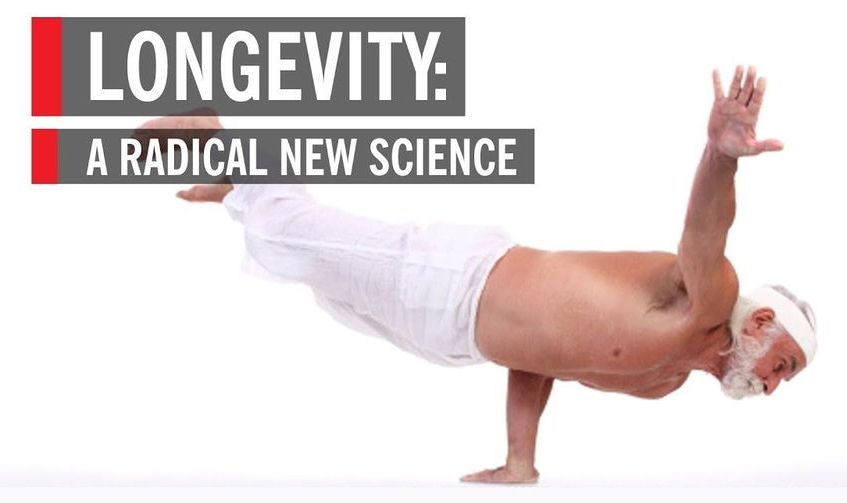
Getting old is an unavoidable truth of life. And yet, for most of modern history this mortal coil has baffled scientists. Over the past decade, however, researchers have made great strides in understanding the cellular, molecular, and genetic tableau of aging—which has brought the next question into sharp focus: Can aging be stopped? While a full answer remains elusive, recent advancements have opened the door for significantly extending the human lifespan. One controversial researcher even claims that the first person who will live 1,000 years has already been born. Mainstream researchers are decidedly more cautious in their predictions, but the prospect of postponing mortality, even in modest ways, raises important ethical, social, and practical questions. How would we control an increasingly out-of-control global population? Does life have meaning without death? Even if we could live forever, would we want to?
The World Science Festival gathers great minds in science and the arts to produce live and digital content that allows a broad general audience to engage with scientific discoveries. Our mission is to cultivate a general public informed by science, inspired by its wonder, convinced of its value, and prepared to engage with its implications for the future.
Visit our Website: http://www.worldsciencefestival.com/
Like us on Facebook: https://www.facebook.com/worldsciencefestival
Follow us on twitter: https://twitter.com/WorldSciFest
Original Program Date: June 2, 2011
MODERATOR: Bill Ritter
PARTICIPANTS: Leonard Guarente, Judith Campisi, Michael Rose, Aubrey de Grey.
Bill Ritter’s Introduction 0:05
Does Life Have Meaning Without Death? 02:50.

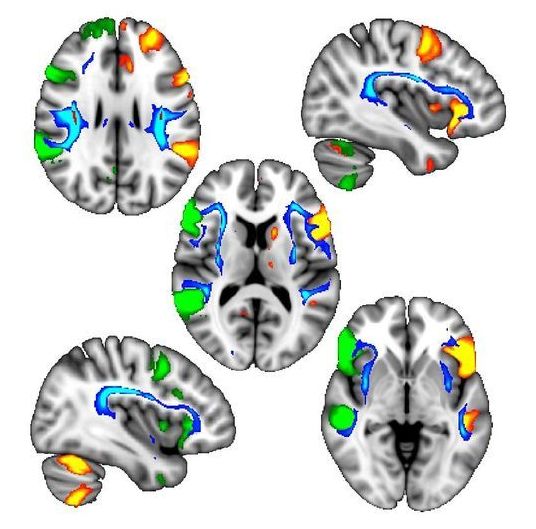
A series of genetic variants can influence handedness, according to a new paper.
No, researchers have not discovered a “handedness gene.” But through brain imaging of 9,000 people in the United Kingdom, researchers devised a list of genetic variations that contribute to the way different brain processes end up on either side of the brain. This, in turn influences handedness—and can also influence whether someone will develop certain neurological diseases, according to the paper published in the journal Brain.
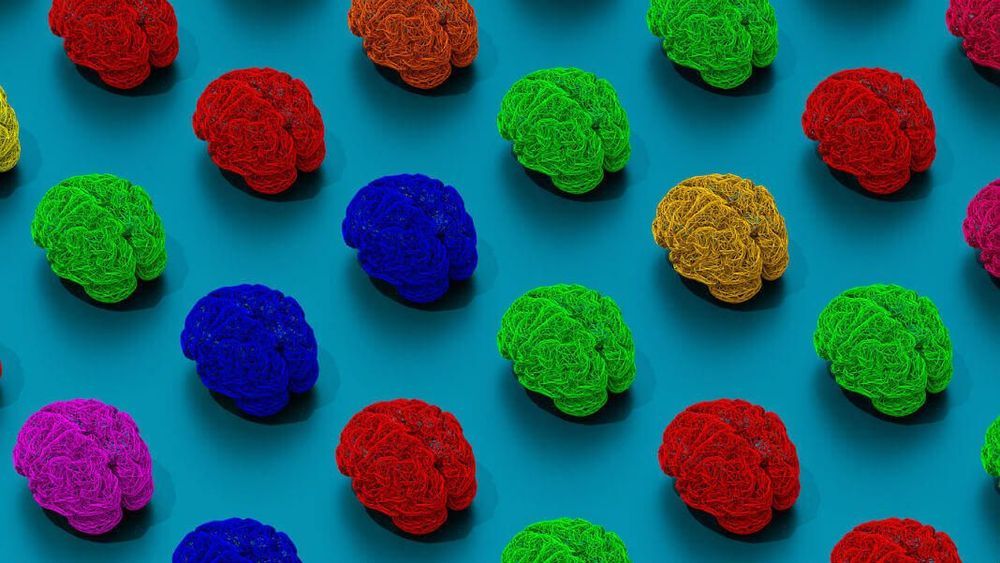
To most of us, zapping neurons with electricity to artificially “incept” memories, sensation, and movement still sounds crazy. But in some brain labs, that technology is beginning to feel old school. As a new review in Nature Biotechnology concludes: get off the throne, electrodes, there are plenty of other neural probes in town. They dance to the tune of light or chemicals, and in some cases, they’re bilingual.
Here’s a brief tour into the wild west of neural implants. Some require genetic engineering, and because of that have only been proven in experimental animals. But if history is any indication, brain-manipulation technologies don’t tend to stay in the lab. Watch out, you may see some trickling down into potential human use in the next few years.
